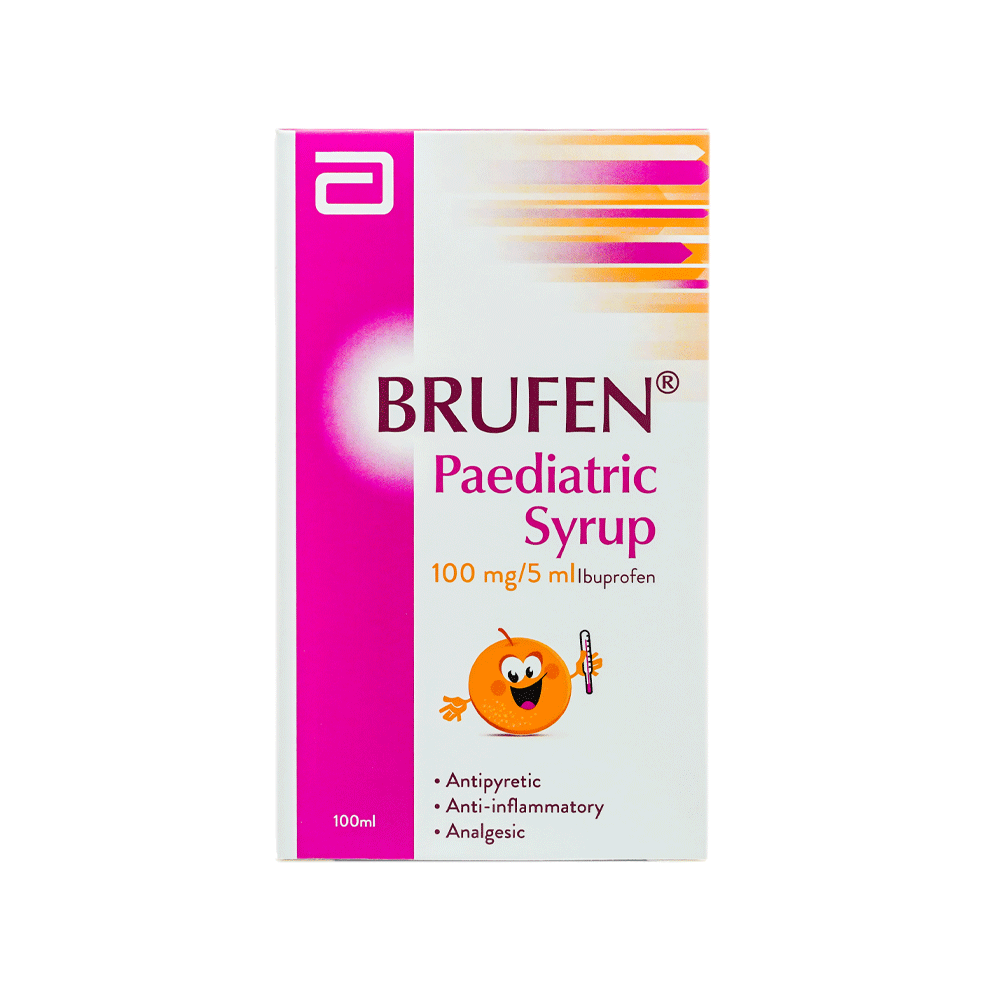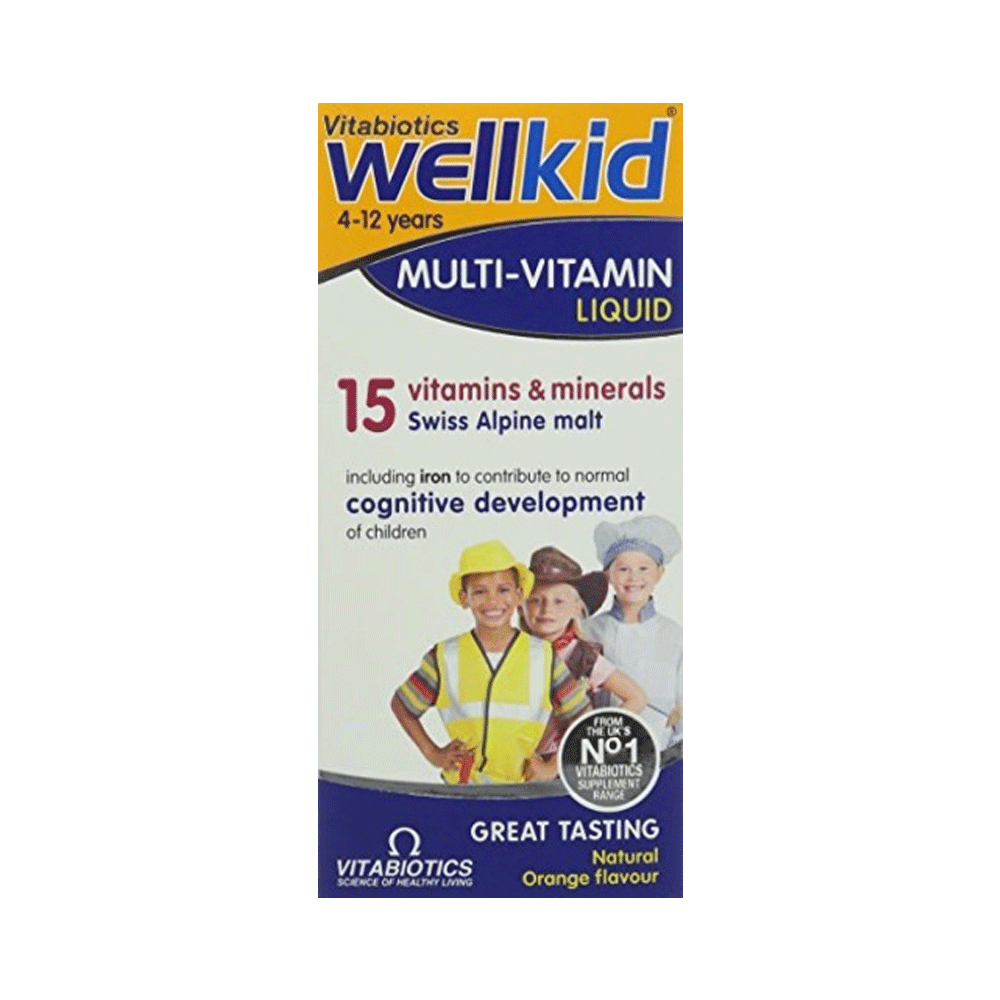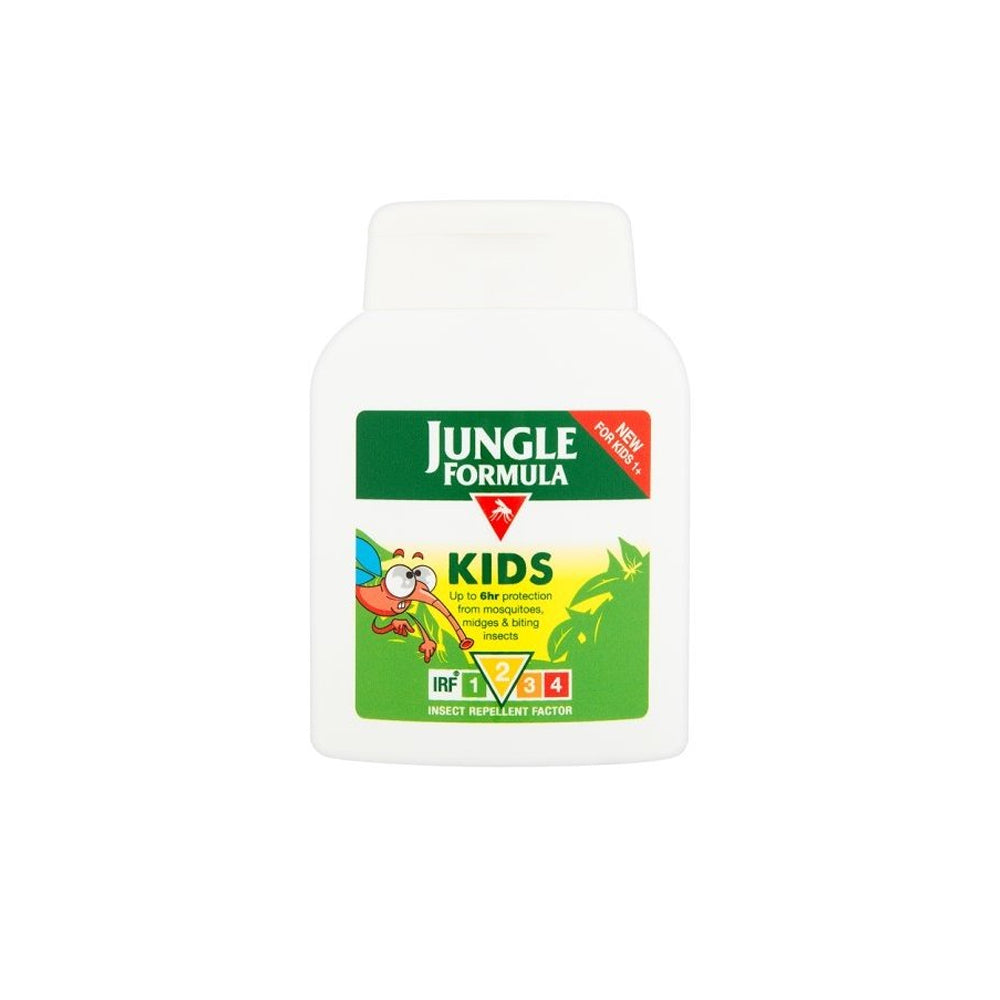Kid's Medicine | Safe and Effective Health Solutions
Kid's Medicine
When it comes to kid's medicine, parents always seek the best to ensure their child's health and well-being. In this comprehensive guide, we'll delve into everything you need to know about choosing the best medicine for your child, and what factors to consider in making the right decision.
First and foremost, understanding the basics of kid's medicine is crucial. Children's medications are specifically formulated to meet the unique needs of growing bodies. They often come in smaller doses than adult medications and sometimes in different forms, like liquid syrups, chewable tablets, and dissolvable powders. This ensures that the medicine is easily administrable and more palatable for kids. Moreover, kid's medicines undergo rigorous testing to ensure safety and effectiveness so you can feel confident about their use.
It's also essential to consider the specifics of the condition being treated. For instance, common colds, flu, fevers, and infections may all require different types of medication. Anti-fever medications like ibuprofen and acetaminophen are typically suited for reducing fever and managing pain. On the other hand, antihistamines can alleviate symptoms of allergies, while antibiotics may be necessary for bacterial infections. Parents should also be aware of potential side effects and make sure to adhere strictly to the prescribed dosages to avoid overmedication or underdosing.
Always consult with a healthcare professional before giving any medicine to your child. Pediatricians can provide the best advice based on your child’s specific health needs, any underlying conditions, and their medical history. They could also help in identifying potential drug interactions if your child is taking other medications. Additionally, be attentive to the ingredients listed in kid's medicines, as some children may have sensitivities or allergies to certain components.
Another important consideration in kid's medicine is the role of natural and homeopathic remedies. Many parents prefer these alternatives because they often have fewer side effects and are perceived as safer. However, it's important to remember that 'natural' doesn't always mean 'safe,' so always check with a healthcare provider before trying any new treatment. Popular natural remedies include honey for coughs, saline nasal sprays for congestion, and ginger tea for nausea. While these can be effective, they should complement, and not replace, traditional medicine especially in more serious conditions.
In the end, ensuring your child's health and safety through proper medication requires careful thought and often, professional guidance. Equipping yourself with the right knowledge about kid's medicine will help you make informed choices that support your child's health and well-being now and in the future.







